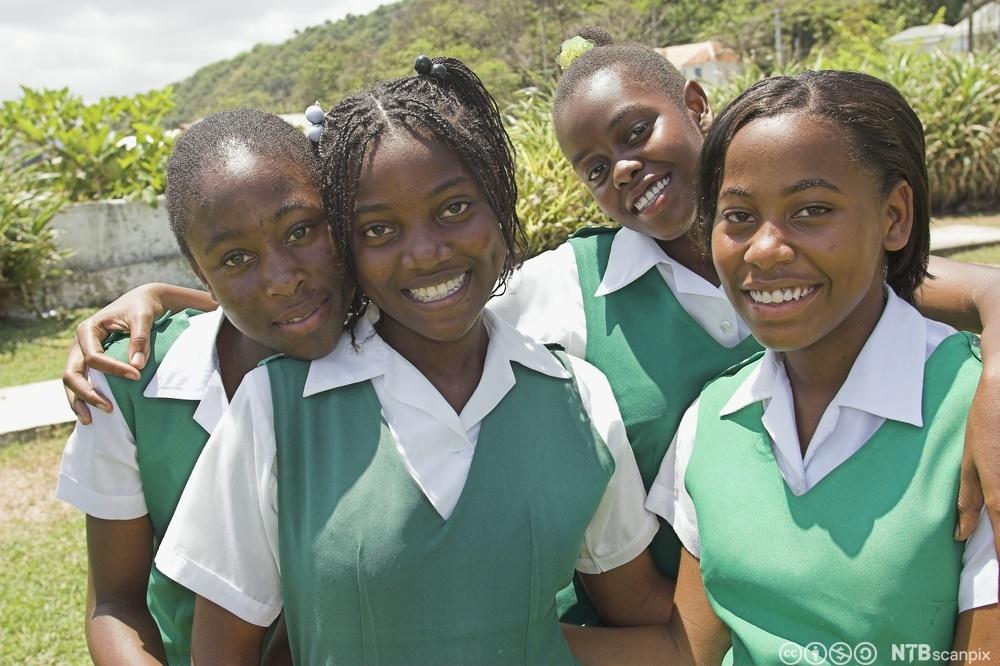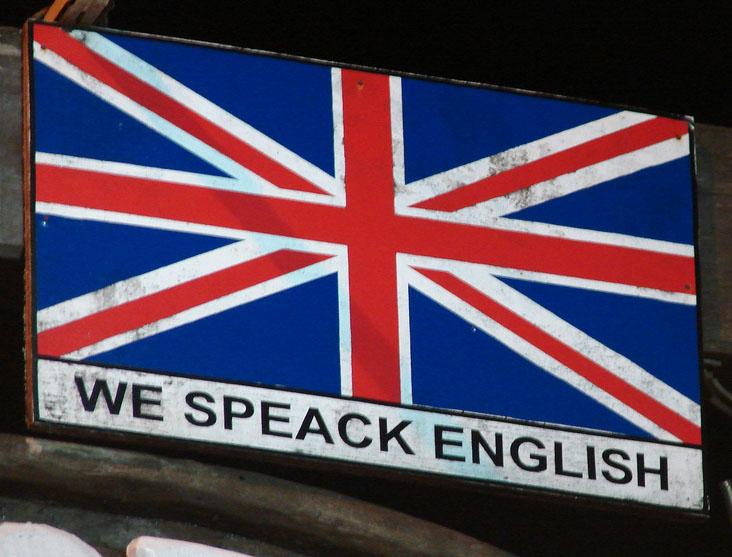English Around the World

The countries with the highest populations of native English speakers are, in descending order:
- United States (215 million)
- United Kingdom (61 million)
- Canada (18.2 million)
- Australia (15.5 million)
- Ireland (3.8 million)
- South Africa (3.7 million)
- New Zealand (3.0-3.7 million)

In addition to these nations, English is spoken in many smaller countries and communities all over the world. Many of the spoken dialects are called pidgin English. They do not have a formal written version and may vary a lot from Standard English.
As these pidgin variants over time develop a fixed pattern they may develop their own fixed spelling and grammar. Then they are often called Creole Englishes.
Both Creole and pidgin Englishes have emerged as a result of colonial expansion, slavery and international trade - all of which require a basic common language for communication.
Listen to Bill Bryson interview Loreto Todd, Professor at Leeds University, who has specialized in pidgin English:
Pidgin English, Bill Bryson (Journeys in English)
For variants within more formal Englishes you may study this site. Listen to at least ten words and compare how they are pronounced in a number of regions worldwide: www.soundcomparisons.com
Listen to some of the words and compare dialects. Do you have a favourite – if so which one? Practice saying a few phrases in your favorite English dialect. You may start with the one suggested below.
Suggestion: My brother bought a new car the other day. It is really fast. It is a lot better than mine!
English around the world
Countries such as Jamaica and Nigeria also have millions of native speakers of dialect continua ranging from an English-based Creole to a more standard version of English. Of those nations where English is spoken as a second language, India has the most such speakers ('Indian English'). Combining native and non-native speakers, India now has more people who speak or understand English than any other country in the world (David Crystal). Following India is the People's Republic of China. (Source: http://en.wikipedia.org/wiki/English_language)